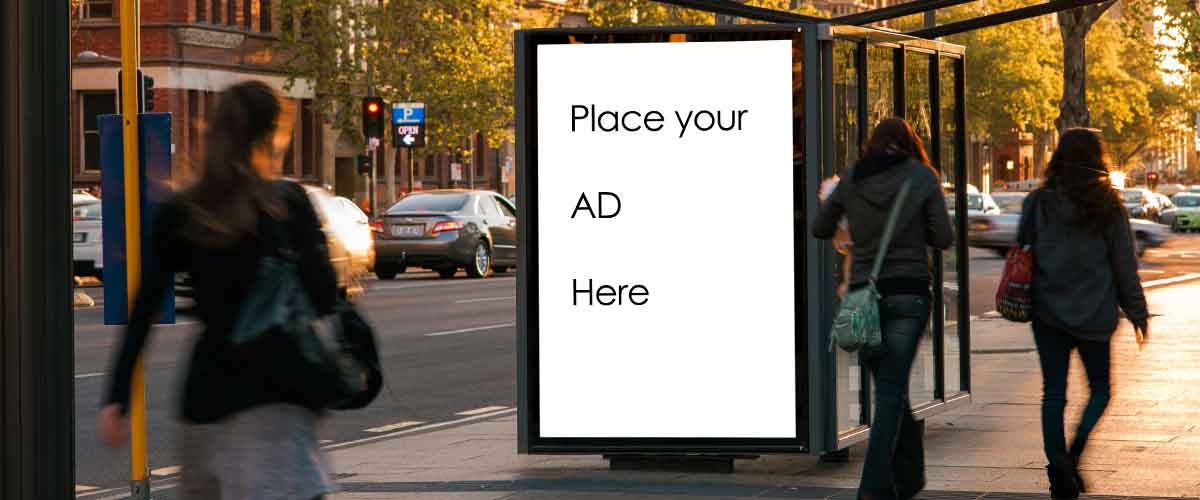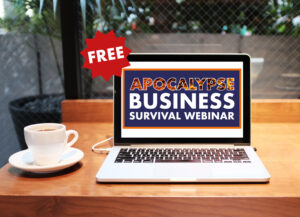Have you given up on your marketing during the Covid-19 Crisis?
The decisions you are making right now are crucial. With huge Government intervention on our businesses and personal lives, most owners will probably be looking to cut their costs. Understandably, your marketing is pushed to the front. With demand falling, your physical business presence shut and everyone in lockdown why continue marketing during Covid-19? I was in the same boat thinking to myself lets just go to the Winchester and wait for all this blow over. I was wrong. With everyone’s back to the wall, marketing is your only weapon to fight back against the current climate. Here at Click Return, I decided to write a blog that will answer some of the questions you have about marketing during Covid-19. Below is a list of the questions I will cover.
- What is the current data across industries?
- What are consumers thinking and doing right now?
- What are the impacts when stopping your advertising?
- How can I fight back?
What is the current data across industries?
The below graphs published by Ubersuggest on 17th March 2020 visualises the impact of marketing during Covid-19 across industries.
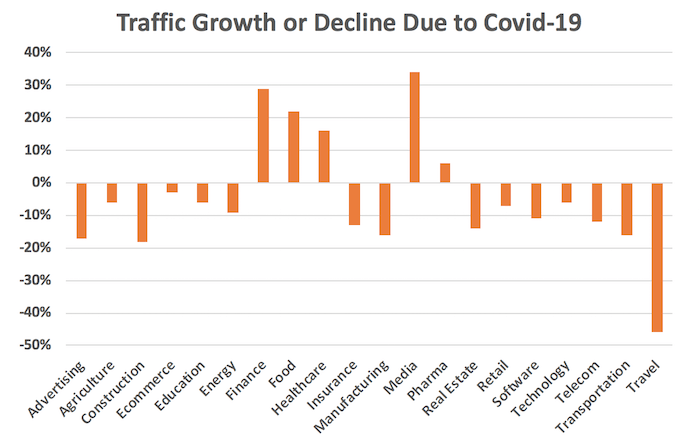
The travel industry has been hit the hardest with a 45% decrease in traffic. Whilst other industries such as Finance, Food, Healthcare, Media and Pharmaceutical has grown.
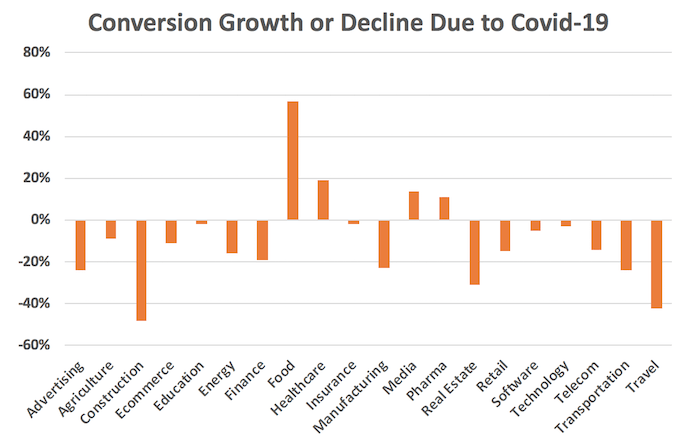
There is a similar trend when you compare the conversion graph to the traffic graph. Putting it simply, the general pattern here is more traffic results in more conversions. Less traffic means fewer conversions. However, to fully understand how marketing during Covid-19 has impacted your business you will need to speak to your marketing team, or, a great free tool to use is Google Trends. This will show you the popularity of a search term over time. For example:
Below is a Google Trends graph for the search term estate agent.

Google Trends shows search volume data over time. This is the last 12 months of information for estate agents. They normally see a slow down during Christmas but the current situation has seen searches at the lowest point ever. However, just after the March, there are signs of recovery. It is important to recognise there is still demand here and businesses within this industry should change their message to stay relevant and keep in the minds of the consumer. Your competitors may still be advertising and when things return to ‘normal’ who are they going to remember?
Below is a graph for the terms personal trainer and gym membership.


Similarly for Personal Trainers and Gyms. Search volume has gone down but we do know of companies that have switched to remote classes & because they are no longer restricted by geography they have seen an increase in turnover. It is all a matter of changing your business, can you offer your services online or can you still solve your customer’s problems whilst at home? As Frank Perdue said: “a business that doesn’t change is a business that is going to die.” You can also see the spike in demand in early January due to a classic new year’s resolution.
It is important to know that not all sectors have seen a decrease. Delivery related terms have gone through the roof. Below are the search terms for beer and wine delivery.

Just look at the change in traffic.
What are consumers thinking and doing right now?
Do you think your customers still want to hear from you? Interestingly, data insight company Kantar found that only 8% of the 35,000 people surveyed thought brands should stop advertising. In addition, they also discovered that 75% stated that brands should inform people of what they’re doing. As you see, the majority of your customers want to hear from you and believe you should continue marketing during Covid-19 outbreak. But, it is vitally important to change your tone and messaging. What is a good tone to adopt? Reassurance with an upbeat perspective. Focus on how you can help/ are helping your customers during the crisis and continuously keep a positive outlook. After all, we will beat this virus.
What are some of the changes in consumer behavior?
Changes in media consumption:
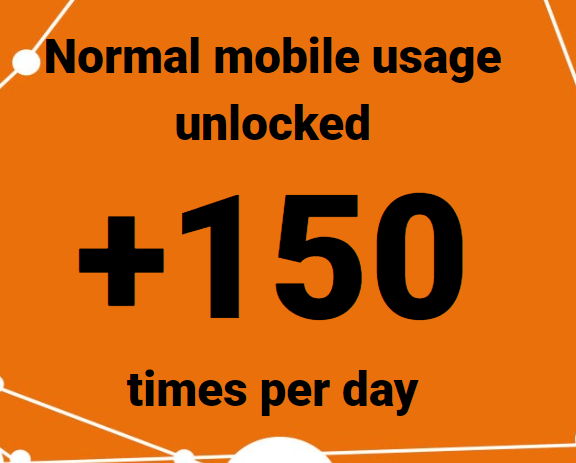
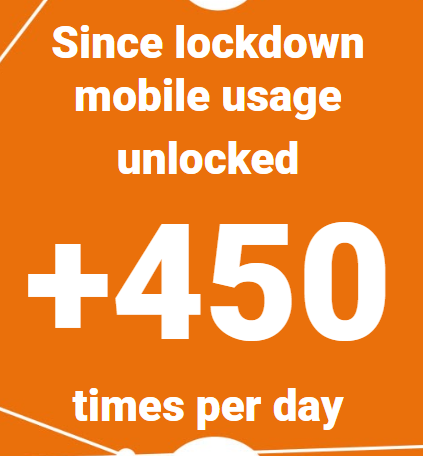
As you can see consumers are using their phones around 200% more to combat boredom at home. This does present a greater opportunity to perhaps create engaging content to target your audience with.
The consumer data company GlobalWebIndex published a Multi-market research report in March 2020. This was a global survey involving thousands of people. Below are results for the question, the % of people who say they’ve been doing the following at home because of the coronavirus outbreak.
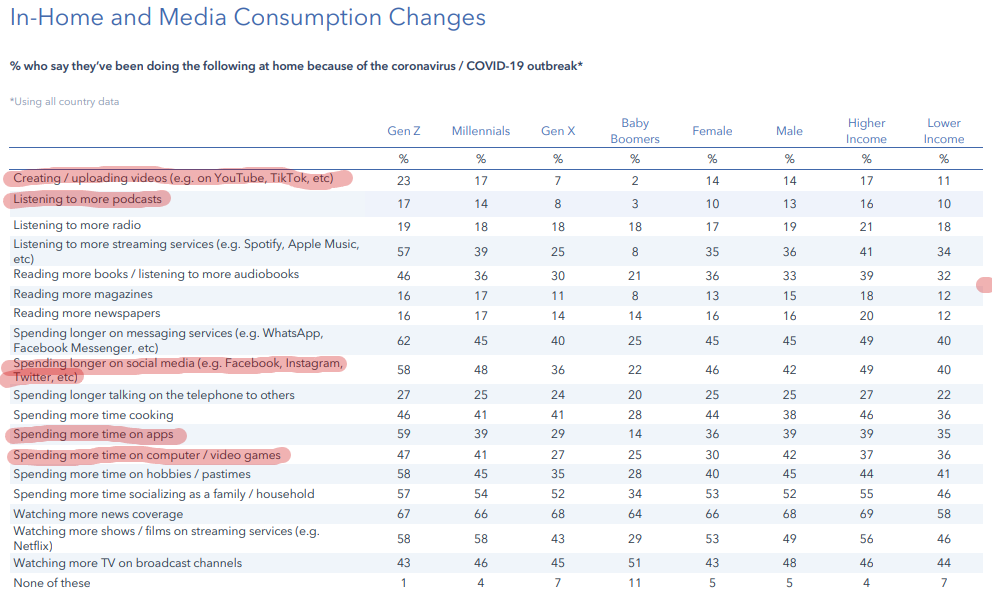
I have highlighted some of the categories that are most interesting for online advertisement.
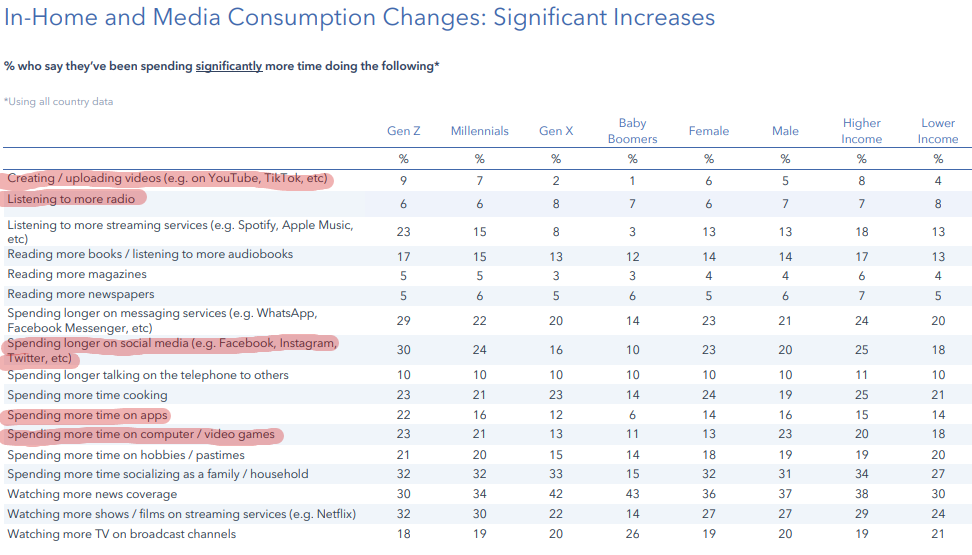
The graph above highlights the % of people who say they’ve been spending significantly more time doing. Again I have highlighted some of the categories that are most interesting for online advertisement. If you know your audience, you can see how they are spending their time at the moment. Helping you to target them more effectively.
What are the impacts when stopping your advertising?
According to Kantar, a total number of 900 UK marketers were surveyed recently. The survey found that “55% of their clients have postponed marketing during Covid-19 or are reviewing ad campaigns, while 60% are cutting or reviewing budgets.” But does this mean you should follow suit? No, it shouldn’t, regardless of your competition pausing or stopping advertising you should continue. Get your message out there to your customer. Stay in the minds of your customers. Here are a few examples of how you can stay in touch and help your customer (fight back):
- Helpful PDF/ Guide – If you offer a service, why not email your customers with a helpful document. E.g. If you are a gardening company, how can you help your customers keep their gardens looking beautiful while at home.
- Re-marketing – Could you use re-marketing to keep your brand in front of your customers.
- Create a video – Could you make an interesting video that engages your audience?
- Improve your website – Maybe look at your website analytics. Is the content relevant? what is your user experience like?
- Have you clarified your message? Within a few seconds of a user visiting your website, do they understand what problem you solve? If you struggle to clarify your message. Watch the video below.
In addition, Kantar ran a “theoretical test on an unnamed, but real beer brand. The team found that if the brand cut all its ad spend during the crisis, this would have a 13% impact on sales in the long run and make market share hard to recover. However, a 50% drop in ad spend would result in just a 1% drop in sales.” From this theoretical test reducing your advertisement appears the most financially viable option.
Jane Ostler – Kantars Insights global head of media concluded the following:
- Stopping your advertising will damage your brand health, especially if it is longer than six months. This will ruin both short and long-term health.
- Change your media, messaging and touchpoints. Target your audience with relevant and useful communications that will interest them. Get your marketers to review advertising budgets and re-allocate to ensure maximum return on investment.
- Finally, Jane urges businesses to “Hold your nerve.” “This will pass and we will be in a situation where things start to recover. Have a view on the longer term as well as the short-term.”
To further illustrate how stopping any marketing activities can impact your business I have created this graph to demonstrate both the long and short term impact.
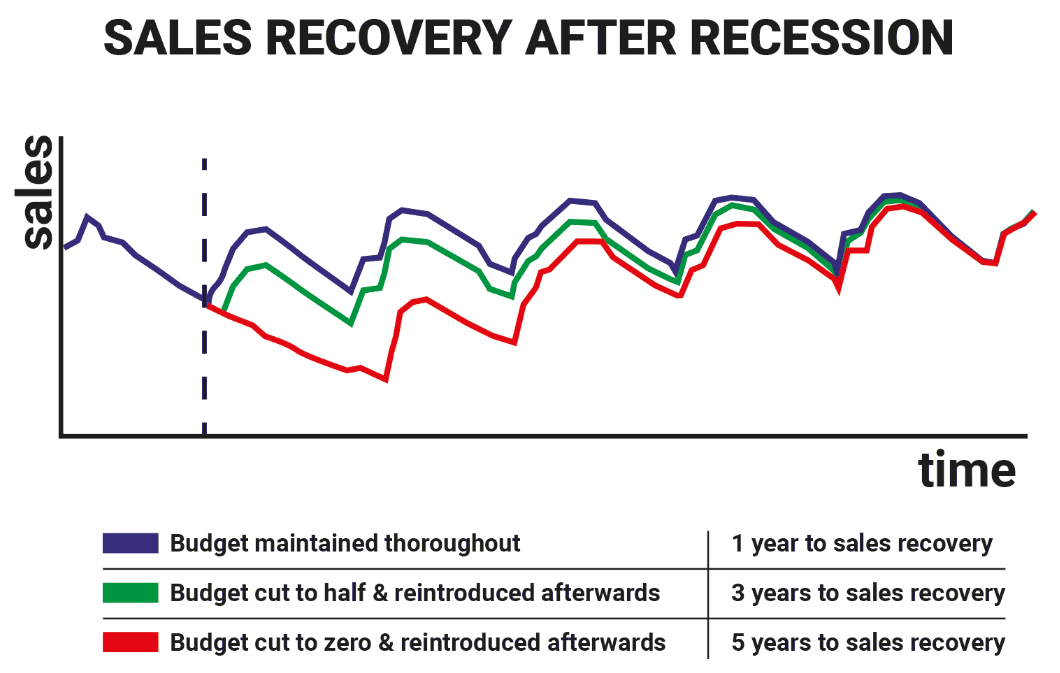
This is data collected by the IPA after the last couple of recessions. Companies that stopped their marketing took 5 years to recover. Companies that halved their marketing took 3 years to recover. Whereas companies that continued marketing picked up work straight away after the recession.
How can I fight back?
Your only weapon against the Virus is marketing and depending on your industry, in some sectors attracting new customers will be very challenging, while others have seen an upturn. But in all industries, you should look after your existing customers so a remarketing campaign to build brand loyalty with existing customer will be cheap to run & give a better return to normal business levels quicker after this crisis is over.
Help from Google
There is some great news if you sell physical goods. Google recently announced that shopping ads are becoming FREE! Visit the Google Merchant Centre to get started. Also, Google ads announced over $800 million to support small-medium sized businesses. Read the full article here.
In addition, Marry Coe who oversees Google Ads for many companies sent out the following helpful points:
- You should Stay informed – As mentioned briefly above, use Google Trends to understand current consumer demand and the needs of your customers.
- You should stay current – Update all customer-facing sites with up-to-date information on your business. Has your business hours changed? Are you doing anything within the community? Are you working and taking extra precautions? Should customers expect delays?
- You should adjust in real-time – Customer behaviors have changed massively. Have you reviewed your ads and budget allocations? Have you paused campaigns and created new ones to adapt?
Marketing has never been cheaper?
From our own Google Ads data, this is what we have discovered. Although conversions and clicks may have seen a decline. Cost per click and cost per conversion has dropped dramatically.
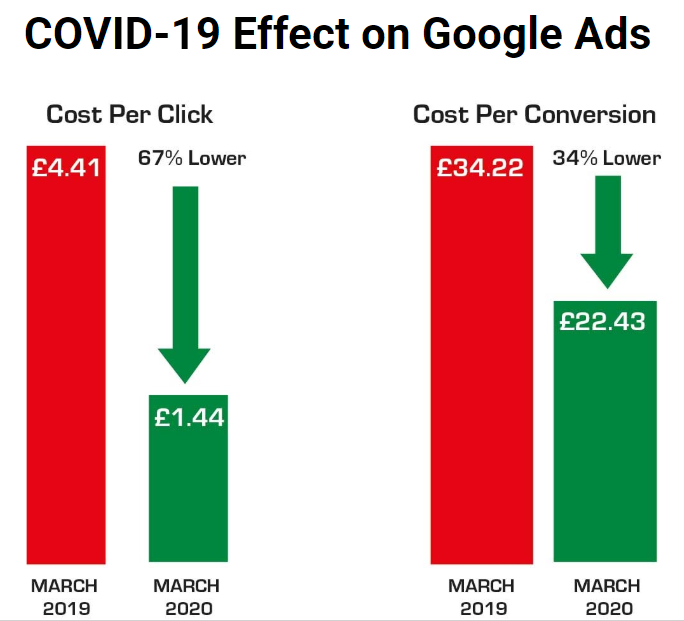
Google Ads appears to be much less expensive to advertise on now. Getting your message out has never been cheaper.
Can you get creative and help your customers online.
At Click Return we know you want your marketing to be simple and work. Especially during these turbulent times, you may feel uncertain about the future of your business and your employees. Leaving you confused and overwhelmed. However, this is your call to arms, join the fight against COVID-19 and join our FREE weekly webinars. You will learn how to keep safe and prosper.
Webinar – Digital Marketing Webinar
Extra Resources:
Coronavirus Research on consumer spending
What happens when you stop advertising?
What do consumers expect from brands
Coronavirus Research Multi-market research
Sources:
Marketing Week
Inspiration for writing this blog came from reading.
